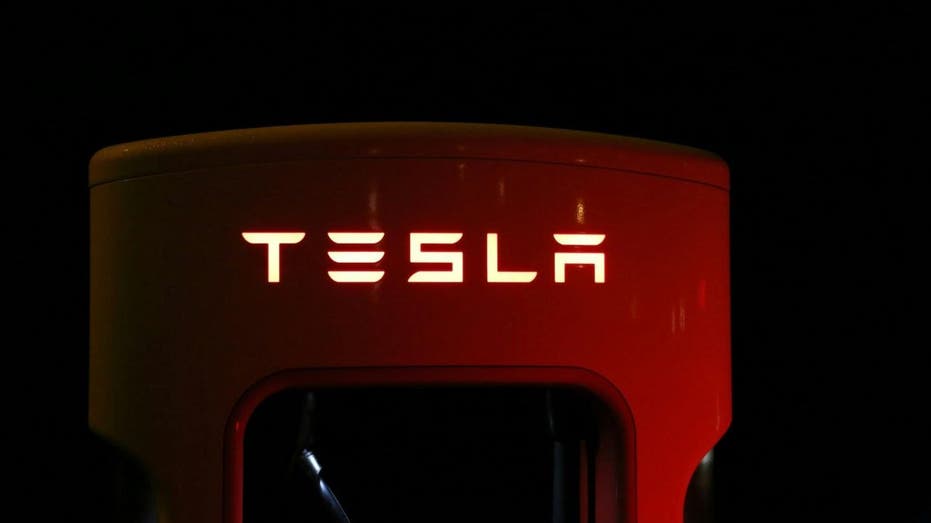The Rise of Doxxing Attacks
Recent months have witnessed an alarming increase in attacks against Tesla owners, dealerships, and charging stations. What initially began as a targeted campaign of intimidation against Tesla enthusiasts has evolved into a disturbing trend fueled by weaponized personal data. Unfortunately, the ramifications of these doxxing attacks extend far beyond Tesla owners, affecting innocent individuals nationwide.
Misidentification and the Fallout
Websites like “Dogequest” have emerged, publicly disclosing names, addresses, and phone numbers purportedly belonging to Tesla owners. However, many individuals listed on these sites have never owned a Tesla or have sold their vehicles years ago. This misidentification often stems from inaccuracies in public records or outdated databases, transforming ordinary citizens into victims of harassment and threats. Disturbingly, the operators of such sites have even demanded proof of vehicle ownership from individuals seeking to remove their personal information, placing an unfair burden on those wrongfully accused.
A Chilling Reality
As the U.S. Department of Justice (DOJ) and the FBI categorize these doxxing attacks as domestic terrorism, the unsettling truth is that anyone—even those merely suspected of owning a Tesla—can find themselves vulnerable to exposure and risk. This reality highlights the urgent need for awareness and proactive measures to protect one’s personal data.
The Impact of Doxxing
On March 18, 2025, a hacker group launched “Dogequest,” a website showcasing a searchable map of alleged Tesla owners and employees. This platform not only listed dealerships and charging stations but also exposed sensitive information such as names, home addresses, phone numbers, and emails—often in real time. Shockingly, many of the individuals featured had never owned a Tesla, yet found themselves unjustly targeted.
The data driving these attacks is sourced from public vehicle registration records and third-party databases known for their inaccuracies. Some victims had divested themselves of their Teslas years prior, while others were wrongly associated through typographical errors or recycled phone numbers. As a result, they unwittingly became part of a digital target list, jeopardizing their privacy and safety.
Escalating Violence Linked to Doxxing
This issue transcends the digital realm, as physical acts of violence, including firebombings at showrooms and gunfire through dealership windows, have been linked to these doxxing campaigns. Law enforcement agencies, including the DOJ, now classify these actions as domestic terrorism. Alarmingly, due to the frequent inaccuracies of the data used, anyone could become the next victim, regardless of their actual ownership status of a Tesla.
No One Is Truly Safe
If you believe you are safe from these attacks simply because you do not own a Tesla, think again. The same flawed databases that misidentify Tesla owners are also employed for countless other products, memberships, and affiliations. Today, the focus may be on electric vehicles, but tomorrow, it could extend to political donors, healthcare professionals, or anyone else whose personal data is bought and sold.
Protecting Yourself from Doxxing
Understanding the risks associated with data breaches, leaks, and doxxing is crucial for everyone. Here are some steps you can take to reduce your exposure and safeguard your personal information:
1. **Opt for Personal Data Removal Services**: These services send legally binding opt-out requests to people-search sites and data brokers on your behalf, ensuring your information is taken down. Some services even offer custom removal options for complex cases.
2. **Implement Two-Factor Authentication**: Protect your accounts linked to your vehicle and associated emails by using authenticator apps instead of SMS, which can be vulnerable to SIM-swapping attacks.
3. **Utilize a VPN**: Mask your IP address when accessing your vehicle’s apps on public Wi-Fi networks to prevent location tracking and man-in-the-middle attacks.
4. **Exercise Caution with Cabin Camera Usage**: Disable the Cabin Camera Recording feature unless absolutely necessary. While Tesla claims footage isn’t linked to identities by default, vulnerabilities in third-party apps could compromise this data.
5. **Report Doxxing Incidents**: If you find yourself a victim of doxxing or cyber harassment, promptly report it to the FBI Internet Crime Complaint Center (IC3) or your local law enforcement. Document evidence such as screenshots and URLs for your records.
Taking Control of Your Safety
While the threats posed by our hyper-connected world can feel daunting, it is essential to take proactive steps to protect yourself. By arming yourself with knowledge, utilizing the right tools, and cultivating smart digital habits, you can mitigate the risks associated with doxxing and personal data exposure.
As we navigate this complex digital landscape, the question remains: Should companies face legal consequences for underinvesting in cybersecurity? Share your thoughts and stories by reaching out to us at our contact page.
For more expert tech tips and security alerts, subscribe to our newsletter. Stay informed and empowered in the fight against doxxing and cyber threats.
